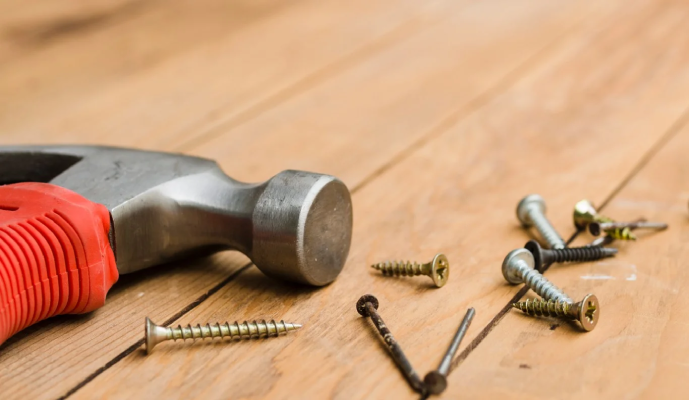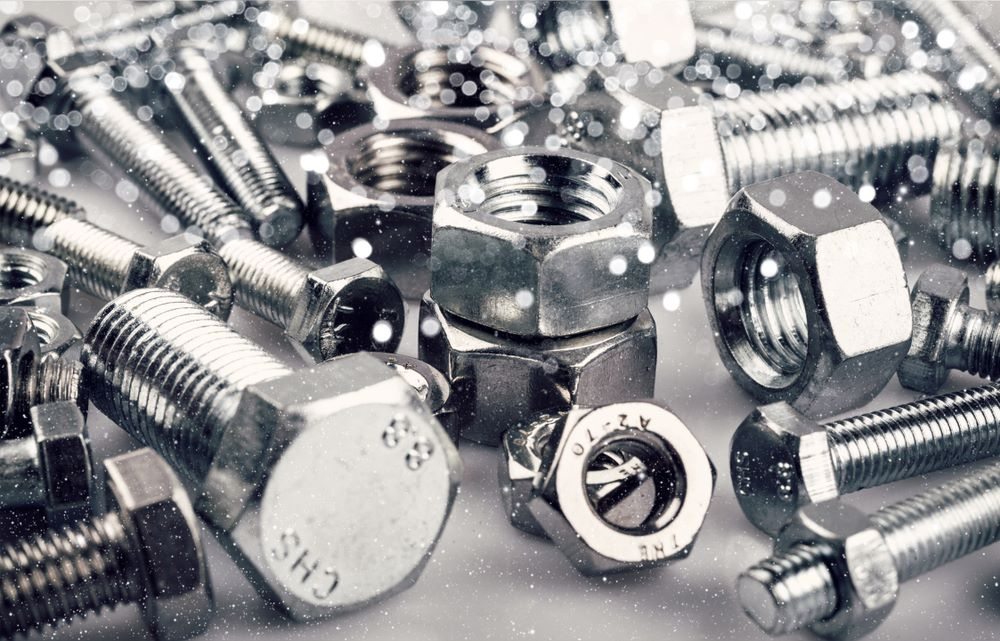Choosing the right fastener for your project can be tricky. There are so many choices available in the market; it’s hard to know which one will give you the best performance and value for money.
This article is intended to help you make an informed decision when choosing high-quality fasteners by highlighting some of the common mistakes that you might want to avoid while selecting a fastener for your next project.
In general committing the mistakes is the most common issue that people face. A person should avoid the mistake so that he can get good results. The main motive of eth people is to choose Scrooz Fasteners Machine Screw that is available as a option. In the long run the products will prove to give the favorable results to the people.
- Using a cheap fastener
Using low-cost fasteners may save you some money, but they won’t last as long or perform as well as those made with better materials. It may not seem like much, but over time, using cheaper fasteners could add up to thousands of dollars worth of repairs.
- Buying products without proper knowledge
Buying fasteners without knowing what each one does and how they work can lead to the wrong decisions. If you don’t understand how each component works together, there’s no way you can choose the right fastener for your application.

- Not knowing the difference between metric and imperial measurements
Many people think that they don’t need to learn about different measurement systems because they are “only used in the US.” However, this is not true. In fact, the rest of the world uses metric units as well; even if you are only building a small project at home, it’s still important to get familiar with both units.
- Not considering the cost of installation
While it’s tempting to buy fasteners that appear to be more affordable than others, it’s important to take into account the costs associated with installing them. Some fasteners require additional steps for installation (such as drilling holes or adding hardware), which often makes them more expensive than their counterparts.
- Not thinking about the lifespan of your fastener
Depending on the type of fastener you use, it may not last forever. For example, if you’re planning to use a stainless steel fastener in a steel structure, you should expect it to fail after just a few years. To ensure that you’ll have fasteners in place for many decades down the road, consider purchasing fasteners from manufacturers that offer extended warranties.
- Trying to guess the size of the hole needed
There are several methods for determining the correct size of a hole for any particular fastener. The most accurate method is to measure the diameter using a tool that has been calibrated to the exact tolerances of the fastener. But before you do that, it’s important to consider whether the hole needs to be oversized or undersized.
- Using the wrong type of fastener
Some types of fasteners, such as self-drilling screws, are specifically designed to go through material without damaging the surface. Other types of fasteners, such as lag bolts, screw directly into a metal structure. Each type of fastener has its own purpose and requires specific handling during installation.
- Overlooking the importance of torque specifications
It can be tempting to skip reading specs on fasteners and other components because it seems easier. But this is a big mistake. When you install a fastener, you need to make sure that it doesn’t move once installed. This means that the threads must be tight enough that they don’t loosen under pressure.
- Failing to pay attention to the manufacturer’s instructions
When buying fasteners online, it’s easy to overlook important information, such as the number of thread turns per inch and where to drill your holes. These details are crucial for ensuring that your fastener performs properly.
- Ignoring the quality of the fastener
The quality of a fastener depends on factors including its design, manufacturing process, material strength, and overall durability. A good fastener should have a secure grip on its threaded hole and provide smooth operation. It should also be resistant against corrosion and rusting.
- Buying fasteners that aren’t compatible with your equipment
If you already own all of the required tools, then you probably don’t need to purchase new ones. However, if you plan to use a new fastener in an older machine, you’ll likely encounter issues. Before purchasing fasteners, make sure that they will work with the equipment that you currently own.
- Skipping safety precautions
Before using any fastening device, make sure that you follow all safety guidelines. For example, never try to drive a screw by hand. Always use a power driver with a screw gun. And remember that you can always ask someone else to hold the tool for you so that you can focus on the job at hand.
- Putting too much trust in the advice of friends and family
Friends and family members love to share stories about their recent projects, and it’s easy to get caught up in the excitement of the experience. Unfortunately, this enthusiasm can cloud the reality of the situation. No matter how amazing a friend’s story sounds, you should always double-check the information. After all, you wouldn’t want to end up with a faulty product.
- Relying on old, outdated information
It’s easy to find articles on the internet claiming that the latest technology is superior to anything that came before it. But these are typically misleading claims. Sure, some newer technologies may end up being faster and stronger than their predecessors, but sometimes they may not perform as well either.
- Assuming that your local store carries everything you need
In some cases, you may be able to find certain items in your local store, but it isn’t always possible. For example, you may not have access to a specialized tool or specialty fastener, which means that you’ll need to buy it elsewhere. Or perhaps the store isn’t stocked with a particular brand of fastener.

- Thinking that you can easily find good deals online
You can find great prices on certain products online, but you shouldn’t assume that every item will come with a discount. In addition, you’ll often find that you have to pay shipping fees, which can quickly add up.
- Not taking advantage of free shipping options
Sometimes you can find free shipping promotions online. While these promotions can save you money, they won’t always guarantee that you’ll receive your order within a day or two. Make sure that you read the fine print carefully before signing up for any special offers.
- Not checking reviews for fasteners
Reviews are incredibly valuable resources when you’re trying to decide which fasteners to buy. They allow you to see firsthand what customers have experienced with a given product. Reviews also provide insight into the experiences of other users of similar goods.
- Focusing too narrowly on the price
A lot of people look for the cheapest option when shopping around for fasteners. While the price may play a role in your choice, you should also consider other factors, such as the length of time that the fastener will last, the ease of installation, and the amount of maintenance required.
- Paying a premium for a fancy package
High-end fasteners usually come with more features, such as a warranty or bonus parts, but you should always check the price tag first. Sometimes, you can find similar products from less-expensive brands that include some of the same features.

